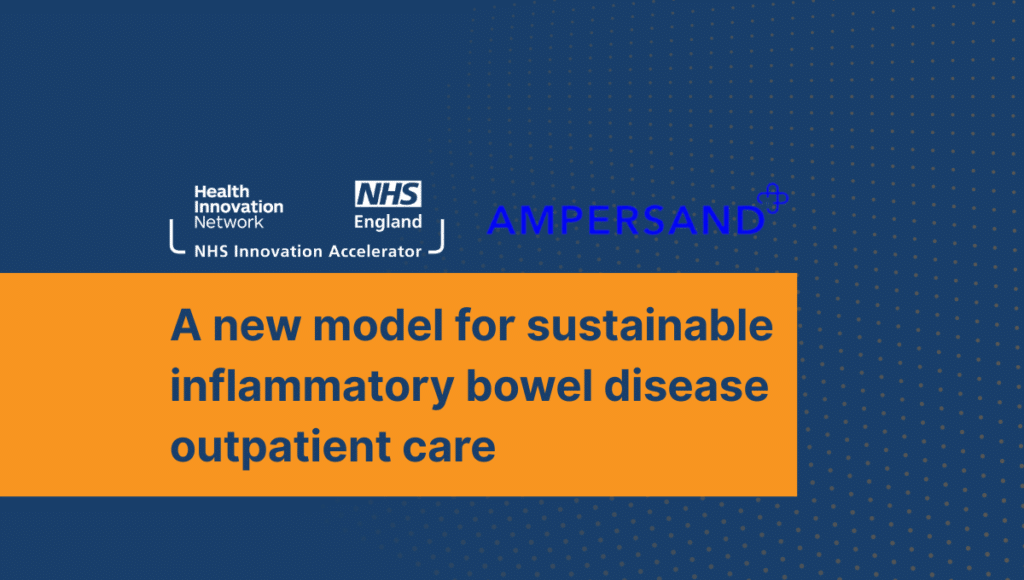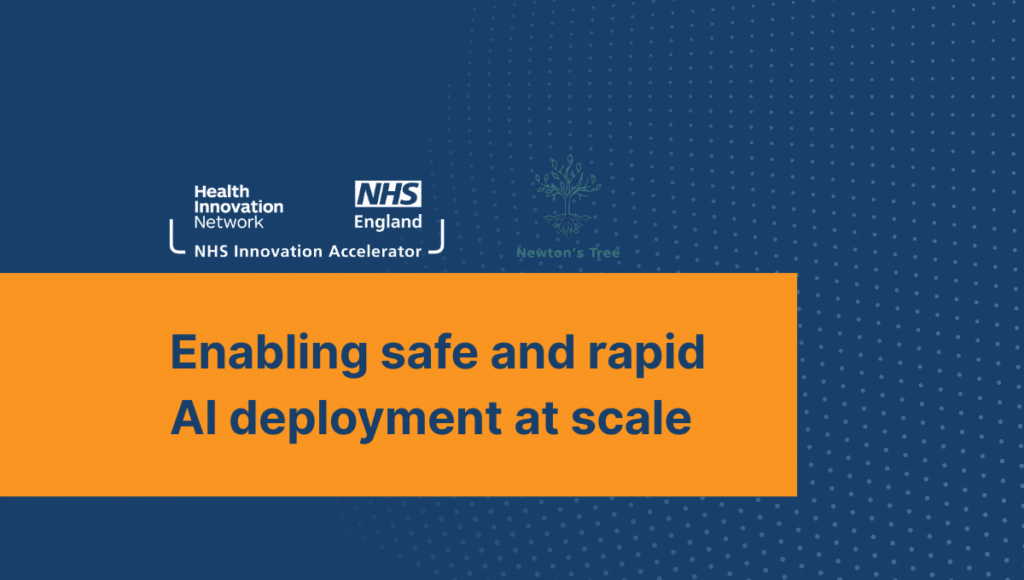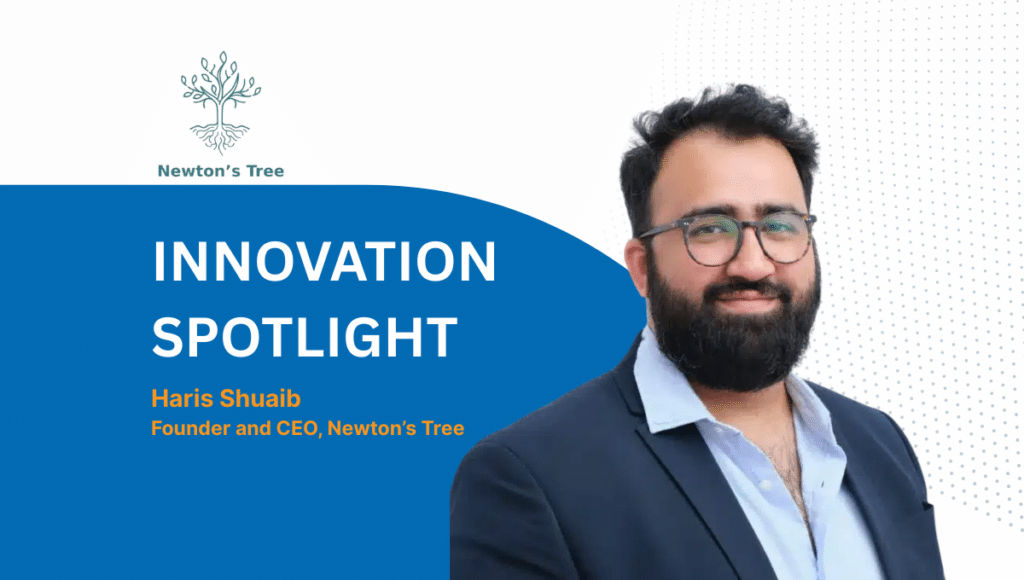The Pinpoint Test: A smarter, faster way to detect cancer risk
Find out how the Pinpoint Test is helping clinicians prioritise people who are most at risk of getting cancer and reducing unnecessary referrals, as well as Giles’ journey as a Fellow.
Giles Tully is the founder of the Pinpoint Test – an AI-driven blood test that can transform how cancer is detected and diagnosed. It helps clinicians triage patients more effectively, reducing unnecessary investigations and anxiety while accelerating early detection for those who need it most.
What is the Pinpoint test and what problem does it solve?
The Pinpoint Test is an AI-powered blood test that helps GPs quickly identify which patients at high risk of suspected cancer. Using machine learning, the platform analyses patterns across 33 common blood test results, along with age and sex, to generate a risk score that flags the likelihood of cancer.
For clinicians, it feels no different from ordering a standard test. But behind the scenes, it’s using sophisticated algorithms to spot tiny, complex data patterns invisible to the human eye, and turning that information into faster, smarter, safer triage.
The test currently performs strongly across a broad range of cancer types including head and neck, gastrointestinal, lung and gynaecological, and is being rapidly adopted across NHS diagnostic services.
“Every year, the NHS investigates around three million people for cancer, but only about 6% of them actually have it. That’s an enormous amount of time, cost and anxiety for people who are ultimately fine. Pinpoint helps make that whole pathway work better by saving money and improving the experience for patients.”
“Every year, the NHS investigates around three million people for cancer, but only about 6% of them actually have it. That’s an enormous amount of time, cost and anxiety for people who are ultimately fine. Pinpoint helps make that whole pathway work better by saving money and improving the experience for patients.”
What was your inspiration and motivation?
Giles’s drive comes from both professional passion and personal loss. His mother sadly died of cancer when he was 16, and the chief scientist of Pinpoint Data Science was diagnosed in his twenties.
That’s what drives his vision for a world where a simple, regular blood test could flag the need for further investigation, making cancer detection as routine as checking cholesterol.
“I’d love it to be the case that you could take a blood test for cancer every year, so you’d know when to get checked further. It’s simple, solid and life-saving.”
Giles Tully, CEO, Pinpoint Data Science
Why did you become a Fellow?
Becoming part of the NHS Innovation Accelerator (NIA) has meant more than recognition for Giles and the team behind the Pinpoint Test, it’s been a community and a reality check.
“It’s great to be selected as an innovation the NHS believes in and supports, because getting something new into the NHS is hard. The NIA helps you navigate that journey. The WhatsApp group alone is worth its weight in gold, you can drop in any problem, and someone’s already dealt with it.”
Looking ahead
Giles’s ambition extends beyond cancer diagnostics. The Pinpoint Test has the potential to identify patterns linked to a range of diseases, from dementia to cardiovascular conditions, paving the way for more predictive, preventive care.
With expansion into global markets underway, Pinpoint continues to push the boundaries of what’s possible in early detection and precision medicine.
“Our technology is about pattern detection, so it has the potential to applied to any disease. There’s no reason we can’t use this to shift healthcare from reactive to predictive.”
Want to find out more? Visit the innovation page where you can contact the innovator directly, or check out their website.


